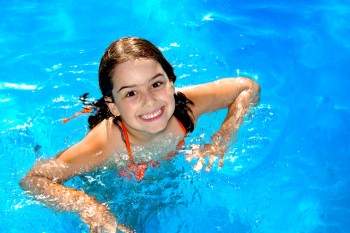Time at the pool shouldn’t be spent worrying about the worst-case scenario. But, occasionally, accidents do happen and serious consequences can follow. Swimming pools come in many different forms, with all sorts of accompanying features – and so do legal cases for pool-related personal injuries.
Perhaps not surprisingly, swimming pools can be sites of some very serious injuries: wet surfaces, little or no footwear, hard materials and, sometimes, careless activity, all conspire to create a potentially dangerous environment. In addition, diving accidents can result in catastrophic spinal cord injuries, which, depending on the circumstances, could give rise to liability on the pool owner and operator. The pool depth, the slope of the pool floor, visible depth markers, signs prohibiting diving and other factors all have to be considered when assessing potential liability in these complex claims.
A pool owner or caretaker, whether a municipality, hotel or homeowner, has a duty to keep the pool and surrounding area reasonably safe. Many slips and falls occur on the pool deck, which is why they require some type of water management system. Outside, that typically comes in the form of a deck that tilts gently away from the pool, to keep water from collecting where people walk.
However, over time the deck can lose its tilt and require renovation (usually re-levelling the ground underneath) to correct it. A pool owner or operator who ignores such a problem could be deemed negligent if it contributes to an injury. If algae – a notoriously slippery substance – is allowed to collect on the deck it would also suggest negligence, because reasonable steps were not taken to prevent it.
At a hotel or other indoor pool, a similar conclusion could be reached if the deck’s drainage system isn’t doing its job and the person or persons responsible could reasonably have done something to rectify it. At the very least, someone would owe a duty to display clearly a sign that warns of a potential danger – although that doesn’t necessarily eliminate responsibility.
Negligence can also be present in cases of faulty equipment, like a diving board, or in safety equipment that is missing altogether, like a ladder leading in and out of the pool. But misuse of equipment or a disregard for clearly stated rules could undermine an injured person’s claim for compensation.
Because of their complexity, diving accidents and poolside slip and fall injuries require a quick response from a personal injury law firm like Horowitz Injury Law, who understand the complex balance of responsibilities in such cases.




